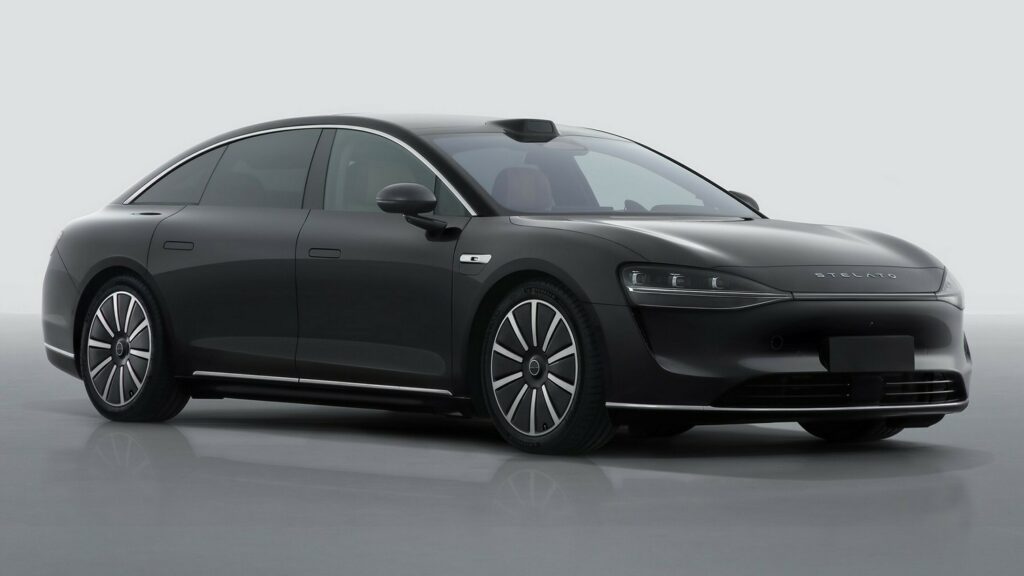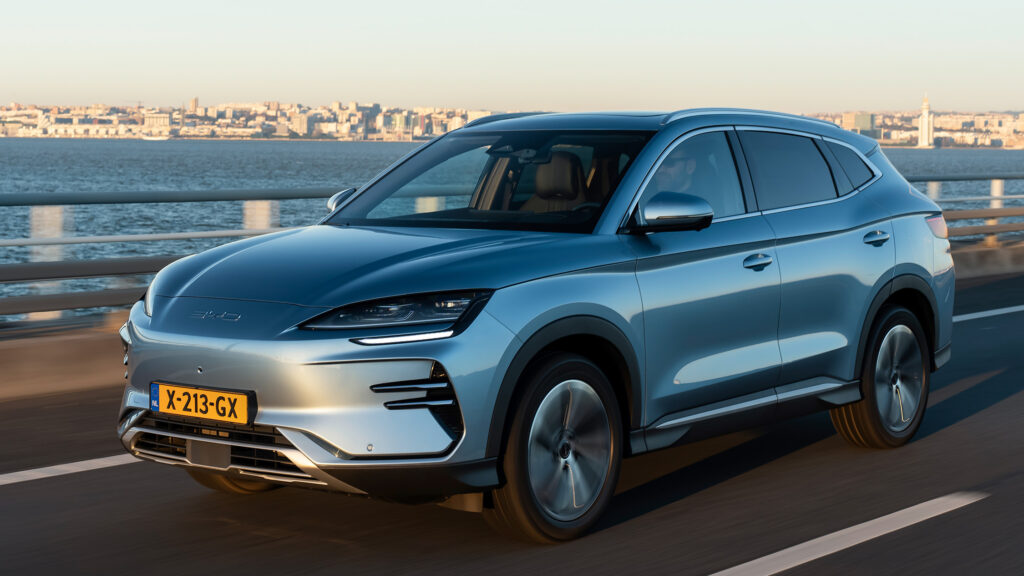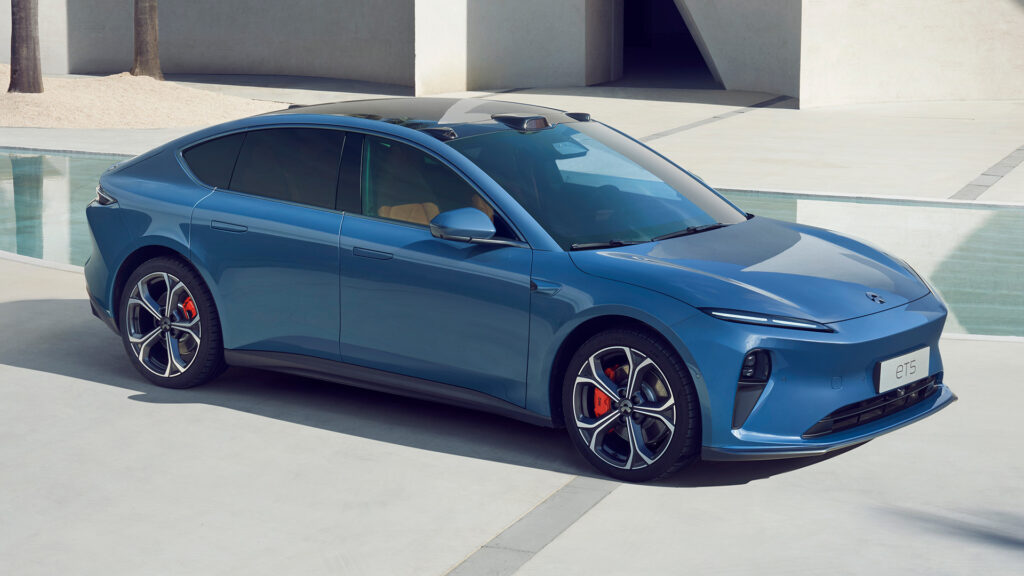- In Southeast Asia, Chinese EVs account for 74% of all new EVs sold.
- The number of Chinese cars sold in Russia, the UAE, and Israel has also jumped considerably.
- A growing number of cars from China are also being sold in Brazil.
While Chinese EV manufacturers have to deal with costly new tariffs across the European Union, they continue to rapidly expand in other important markets. While we’re not yet at the point where Chinese EVs dominate the entire market, as some think they will, they continue to make the most of rising demand.
Through the first five months of this year, roughly 154,000 Chinese EVs and PHEVs were sold in Russia, double the number sold over the same period of 2023. More broadly, Chinese brands now control almost half of the entire Russian car market and across January-May, enjoyed a 92.8% increase in total year-on-year sales.
Read: Only 1 In 7 Of Today’s Chinese EV Brands Will Be Profitable By 2030, Analysts Claim
Chinese EVs are also selling in record numbers across Southeast Asia. In 2021, they accounted for 47% of the local market, but this has since increased to 74%, South China Morning Post reports.
Sales increases have also been reported in other markets. For example, a total of 159,621 Chinese vehicles (including all powertrains), were sold in Brazil in January-May, a massive year-on-year increase of 138,093. In addition, 34,601 petrol and EVs manufactured in China were exported and sold in Israel through the first five months of 2024. Of these, 26,803 were EVs and PHEVs, accounting for a 68% share of the local market and less than 3,000 vehicles shy of the total sales figure for 2023.
The number of Chinese cars sold in the United Arab Emirates has also jumped to 114,530 units through the first five months, almost double the same period in 2023.

General Secretary of the International Intelligent Vehicle Engineering Association, David Zhang, says that new U.S. and EU tariffs have forced Chinese car brands to focus on other markets.
“Higher tariffs slapped on Chinese EVs by the US and the EU will prompt companies to shift their focus to emerging markets, where Chinese cars are still superior to global rivals and enjoy a pricing advantage,” Zhang said. “But they will not entirely give up on developed markets, pinning hopes on negotiations among the governments and localization of production facilities.”




